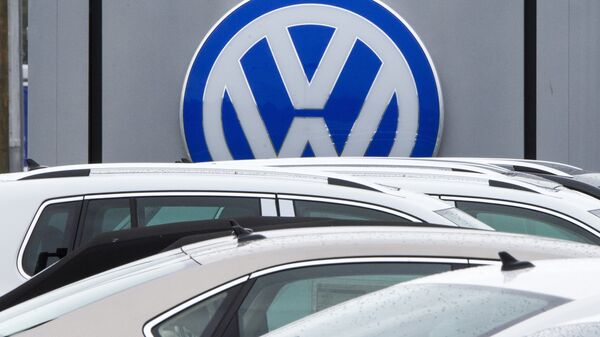The White House faces a Saturday deadline to decide whether to slap duties on car and auto part imports over national security concerns. However, according to a source briefed on the talks, an administration official and two foreign officials cited by CNBC, the decision to impose auto tariffs could be delayed by up to six months as the administration risks sparking fresh global trade clashes.
READ MORE: Trump Says He Will Close Border With Mexico or Introduce Car Tariffs
US President Donald Trump has been mulling whether to use a national security justification to implement tariffs as high as 25% for some time already. In February, the Commerce Department delivered a report to the president saying that he could justify duties by citing a national security threat. However, lawmakers from both major parties, as well as US automakers, have urged Trump not to move forward with the auto duties.
The White House is trying to strike a potential deal with China to end an escalating conflict over trade. Relations between two world’s largest economies have been tense since US President Donald Trump decided last June to impose 25 percent tariffs on $50 billion worth of Chinese goods in a bid to fix the US-Chinese trade deficit. Since then, the two sides have exchanged several rounds of trade duties.



